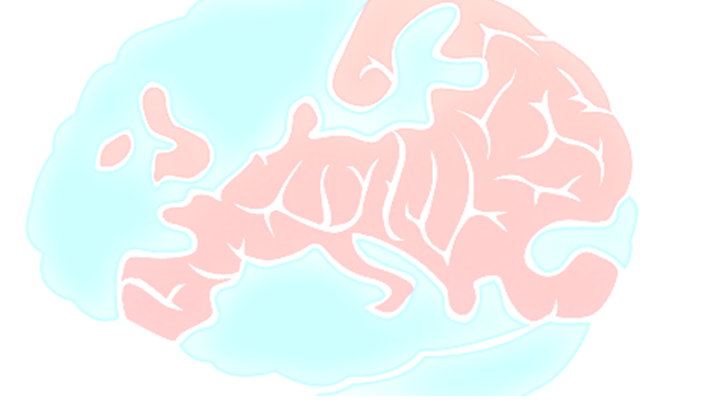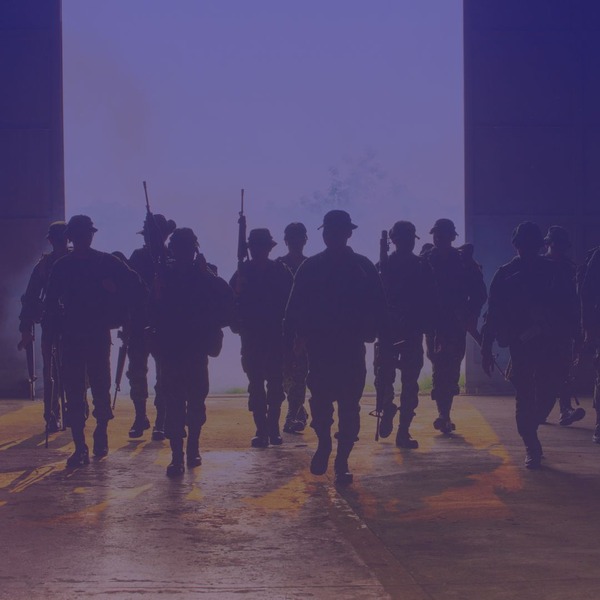
by Yana Prokofyeva. Originally published on 2014/02/19
The basic agreement between Russia and the EU (Partnership and Cooperation Agreement – PCA) was signed in 1994 for a duration of ten years (with automatic yearly prolongation). Both parties were extremely excited about the conclusion of the document, which was meant to be the basis of what was romantically called a “strategic partnership”. Today, 20 years later, both parties admitted the agreement to be obsolete but the negotiations about a new one are stalled. This article explains why, and if, this common dream of bringing the EU-Russia relations to the new level still has any prospects.
To start with, even with the PCA things did not go as smoothly as expected. The first war in Chechnya, which started in 1994, made the EU countries postpone the ratification until 1997. However, the ratification improved the situation, bringing with the agreement the unprecedented perspectives of an Russia-EU partnership based on the GATT/WTO Most Favoured Nation (a preferential trade regime, providing for low tariffs and high import quotas), cooperation within the UN, CSCE (now OSCE) and other organizations in order to promote peace and security as well as respect for democratic principles and human rights. A number of articles in the PCA precisely provided for sectorial cooperation and harmonization of legislation. What is more, the basic agreement allowed both parties to engage in an elaborate political dialogue on different levels: biannual summits (with the participation of the Russian president and presidents of the European Council and European Commission), annual meetings of the Russian government with the European Commission, ministerial meetings within the Cooperation Council (from 2003 – Permanent Partnership Council), parliamentary dialogues and a whole lot of specialized working groups.
At first sight everything seems perfect and the desire of both parties to prioritize bilateral relations is manifest. However, even then, Russian and European visions of the partnership differed dramatically (which can be seen in EU Common Strategy and Russia’s Middle term Strategy on EU-Russia relations issued in 1999). Contradictions start piling up, mainly due to the preparation of the EU enlargement and closely related problem of Kaliningrad’s status and visa regime. Exhausting negotiations on Russia’s accession to the WTO do not help either.
Negotiating a new agreement
This is why, when the PCA approaches its expiration date, both parties realize that the current geopolitical reality has evolved and requires a new basic agreement which would reflect. However, they do not have any coherent idea of what their aims towards one another are and where the bilateral relation is going. New EU members also tangle the situation up due to their complex history with Russia (one more reason why the Commission spent about one year and a half trying to obtain a negotiation mandate). Finally, the start of negotiations was solemnly declared in 2008 during the summit in Khanty-Mansiysk. Both parties entered into negotiations with positive energy, several things (such as the structure of the document, its legally binding character, about 2/3 of provisions concerning sectorial cooperation) are already agreed upon. Nevertheless, nothing, or at least not much was put into practise. By now twelve negotiation rounds have been conducted, with the 12th completed in December 2010, meaning that the political pause has now lasted for more than 3 years.
There are several reasons for this delay. The most significant of them being, of course, the general worsening of the EU-Russia relations (for more details, read Russia-EU: know your frenemies?). But there are also technical issues and different views on the very concept of the agreement. For instance, the EU advocates a very detailed document while Russia is more in favour of a framework agreement followed by sectorial agreements. Whereas the European Commission tries to negotiate a free-trade zone or at least a WTO+ regime, the Russian Federation opposes it and suggests to leave everything as it is.
Other ways out?
There are still grounds for hope. In 2003 Russia and the EU announced the creation of four common spaces: a common economic space, ; a common space of freedom, security and justice; one concerning of external security and one related to sciencetific, educational and cultureal. The creation of these spaces was followed by introduction of developed roadmaps in every of them. The roadmaps are quite detailed, even if not binding, and provide for a list of measures to be jointly taken in these domains.
Moreover, in 2010, according to a beautiful diplomatic legend, the President of the European Commission Manuel Barroso suggests in a long personal letter to the then Russian president Dmitry Medvedev to launch a “Partnership for modernization”. This idea seemed very promising at first: “I believe this will promote reform and give renewed momentum to our relationship” – said Herman Van Rompuy, President of the European Council, at the press conference. However, the project comprises too many “priorities”, which weights it down. According to one of Russian leading experts on the EU-Russian relations N. Kaveshnikov, it showed the difference of approaches and visions between Russia and Europe: while the former perceived “modernization” mainly as usage of Western technologies, the latter was aiming at bringing new economic and political conditions and institutions.
To conclude, both the EU and Russia realize how important it is to develop their relations. The negotiations of a new basic agreement, the establishment of four common spaces and the development of a “Partnership for modernization” are proof. However, they seriously lack coherence in understanding what particularly do they expect from their each other. Attempts to boost the cooperation in a more informal way do not fully exploit their potential due to the lack of a strong basis that could be acquired only with the signing of the new basic agreement.
Obviously, the different visions that Russia and the European Union have of their partnership, combined with systemic geopolitical antagonism create a profound impasse. In order to break this deadlock, both parties need new ideas and, what is even more important, strong political will. They need to finally ask themselves why this “strategic partnership” is so crucial for them. And we can merely hope that the answers will not be incompatible.
Further reading:
1) Sergei Sokolov: Russia and the EU to negotiate a new Cooperation Agreement. Russia in Global Affairs. №2 July-September 2007.
2) The elephant and the bear try again. Options for a new agreement between the EU and Russia. Edited by M. Emerson. Centre for European Policy Studies. Brussels, 2006, accessed on the 15th of February 2014.
3) Sergey Lavrov: Russia-EU: time to decide

 The European Union in Space: From exploration and innovation to security and autonomy
The European Union in Space: From exploration and innovation to security and autonomy  The Rise of the Right: The Threat Right-Wing Extremism Poses to Women and Feminist Efforts in Germany
The Rise of the Right: The Threat Right-Wing Extremism Poses to Women and Feminist Efforts in Germany  The silent shield – how special operations safeguard the global supply chain
The silent shield – how special operations safeguard the global supply chain  The Human Factor: How Personality and Psychology Drive Crises
The Human Factor: How Personality and Psychology Drive Crises 


